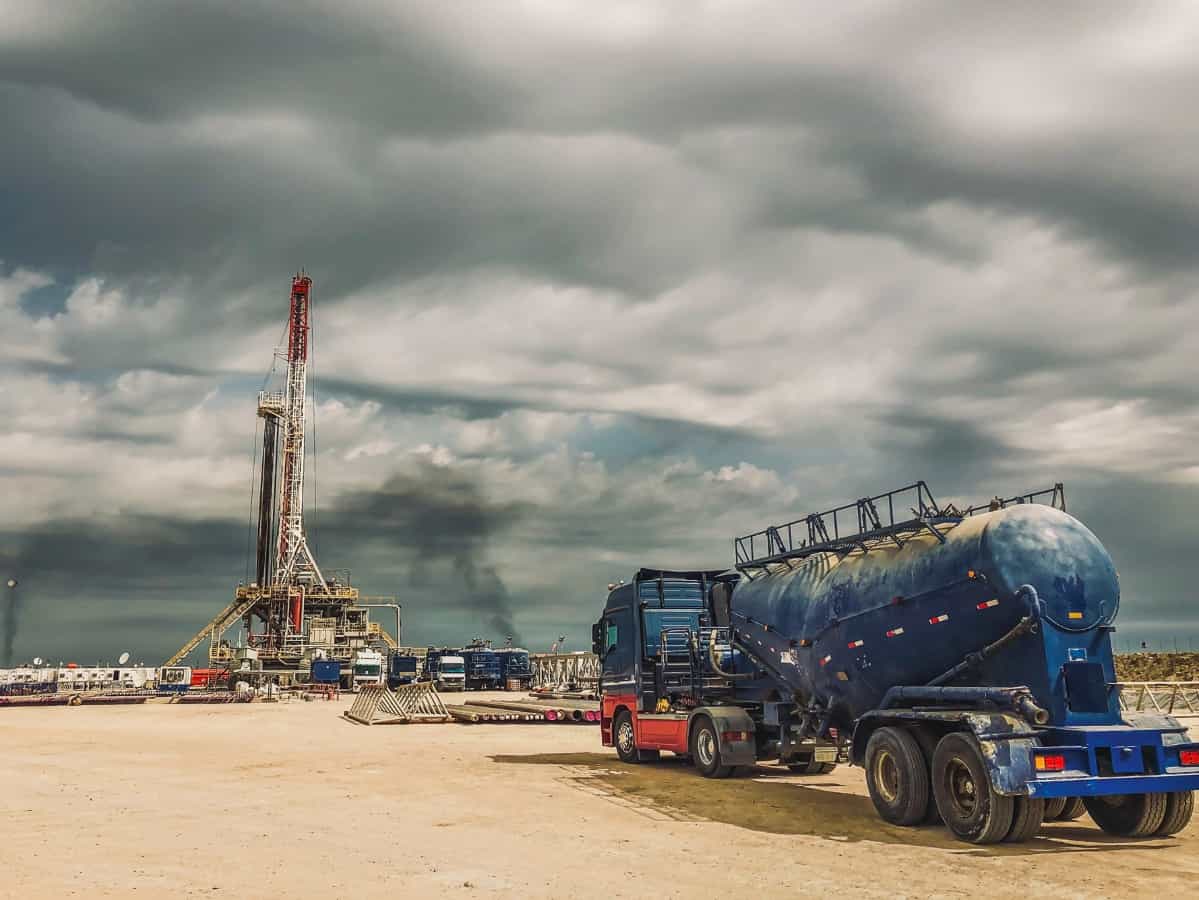Fracking has been an issue of intense debate in recent years. Critics say it can cause earthquakes, pollute water supplies, and release harmful chemicals into the air. On the other hand, supporters of fracking say that it is safe and clean and has the potential to provide energy independence for countries. So, what’s the truth? Is fracking safe? Studies show the fracking process can cause air and water pollution. It can also degrade the environment, putting humans and wildlife at risk. In addition, some chemicals used during this process can lead to adverse health risks such as cancer.
Let’s take a closer look into fracking to understand the process better and highlight the potential environmental and health impacts.
What Is Fracking?
Fracking is a technique that uses high-pressure fluid to break up rock formations underground. This allows natural gas or oil to flow freely into a wellbore and out of the ground. Fracking is shorthand for hydraulic fracturing. It’s also referred to as hydrofracking or hydrofracturing. The process has been used in the United States since 1947, but it was first used commercially in 1949.
Fracking involves drilling a deep hole into the ground and pumping a fluid known as slickwater into shale rocks. The liquid is usually a mixture of millions of gallons of water, sand, and chemicals. Tiny fissures form when the fluid is injected into the targeted rock formation at high pressure. These cracks allow natural gas or oil to flow more easily into the wellbore for containment.
The sand in the fluid helps to keep the crevices open during the extraction of natural gas or oil. The fluid can also contain some carcinogenic chemicals, which have been linked to lung disease and other health problems. This leaves many wondering, “is fracking safe?’’
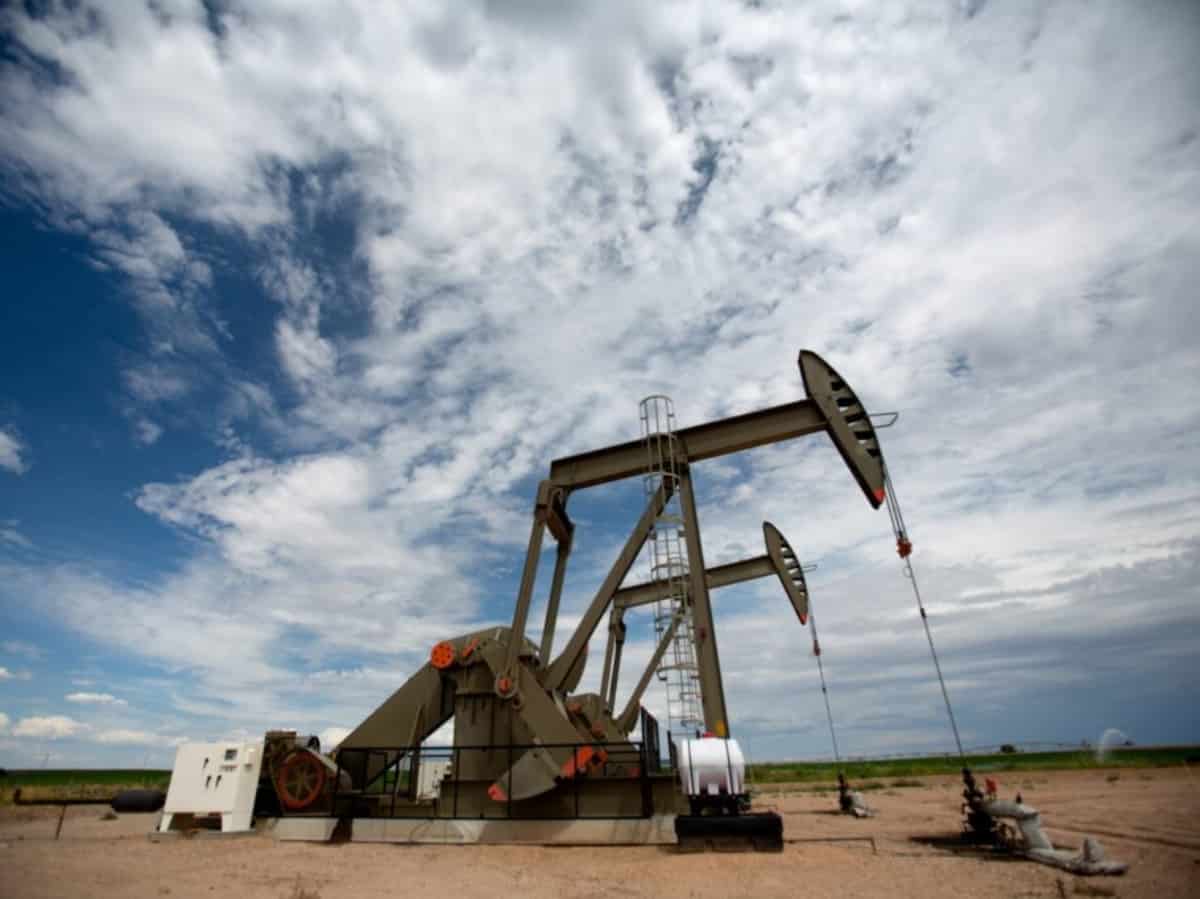
Is Fracking Safe?
No. Fracking is not safe. According to the National Resources Defense Council (NRDC), fracking has been linked to groundwater contamination and the release of methane into the atmosphere. In addition, the wastewater from fracking contains high levels of chemicals, such as heavy metals, which can cause health risks.
Research shows that hydrofracturing can cause water pollution. However, according to Energy.gov, multiple layers of steel pipe casing and cement are used to create an impermeable membrane when fracking. This barrier helps protect the underground water surfaces from becoming contaminated. From this, a question of where the contaminants come from arises. According to the US Environmental Protection Agency (EPA), flowback fluid and trapped gas flow to the wellbore. The liquid contains the chemicals injected into the rock and other chemicals such as heavy metals and radioactive materials.
Wastewater is pumped into injection wells because treatment is expensive, and most treatment facilities are not well equipped. So how does the contamination happen? Most contamination of water occurs when fracking is not correctly done. This can be due to human error, negligence of the parties involved, or accidents. Furthermore, pumping fluid into the injection wells without regulation can leak into the ground and contaminate groundwater.
In addition, the major component of natural gas is methane. Although methane is considered non-toxic when ingested, it is flammable and explosive and can lead to asphyxiation when mixed with air. For instance, over a decade ago, residents of Pennsylvania could ignite their tap water due to high methane levels. This was linked to the fracking activities in the area. According to the UN Environmental Programme (UNEP), methane exposure leads to 1 million premature deaths caused by respiratory problems. Areas with frequent hydrofracturing are reported to experience increased earthquakes. However, the earth tremors are not directly caused by fracturing but by the wastewater disposed of in underground wells.
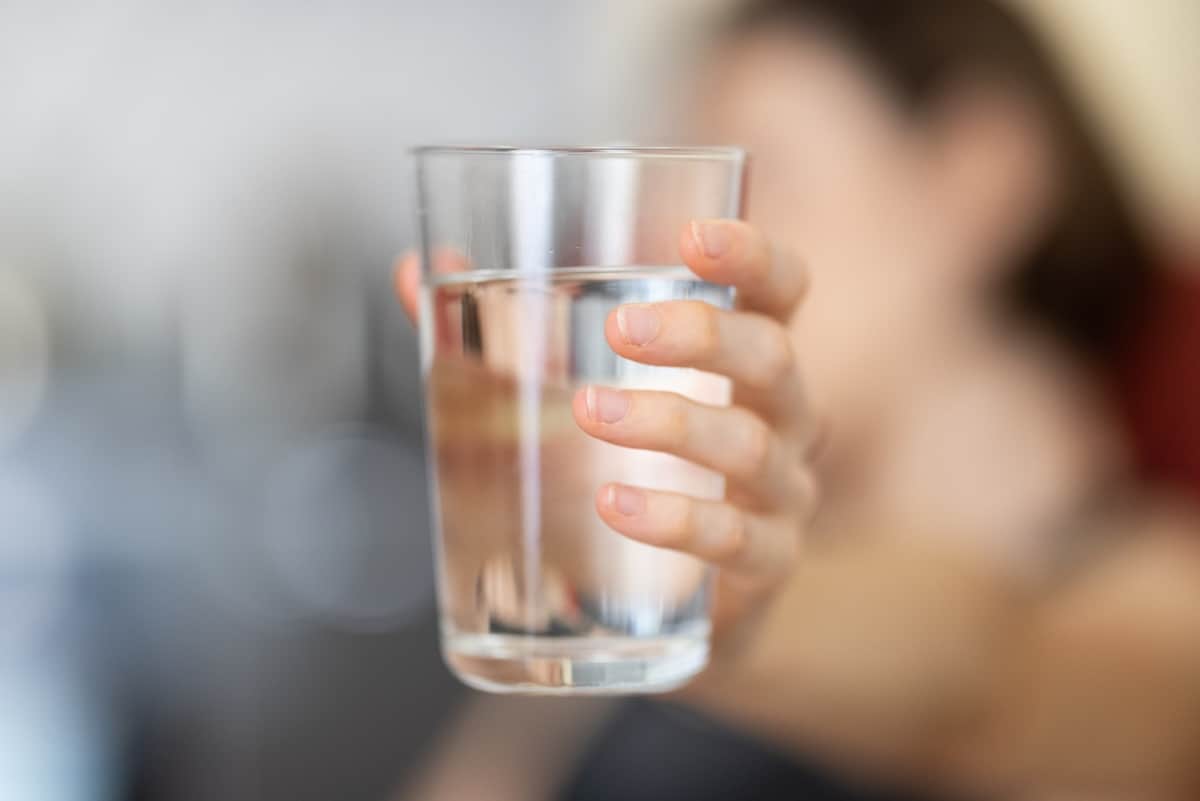
Can Fracking Contaminate Your Water?
Yes. Hydraulic fracturing can contaminate drinking water sources, and in most this has been the result of human error. Fluid spills, poor wellbore construction, and wastewater mismanagement are other common reasons that can lead to water pollution.
Fluid Spills
The fluid leakage during hydrofracking is possible through human error and equipment failure. This can happen during the transportation, on-site storage, mixing, and injecting of the chemicals. These spills can seep into nearby surface and underground water sources through the overland flow.
Improper Well Construction
The wellbore should be strong enough to withstand the high pressure used during fluid injection. Improperly constructing the well may lead to a migration pathway for the fracking fluid, which can reach underground water.
Wastewater Mishandling
Wastewater is very salty and also contains too many toxic chemicals. As a result, this waste may leak during transportation to treatment facilities or when in storage pits awaiting treatment. In addition, wastewater that has not been appropriately treated can be discharged into surface water and result in pollution.
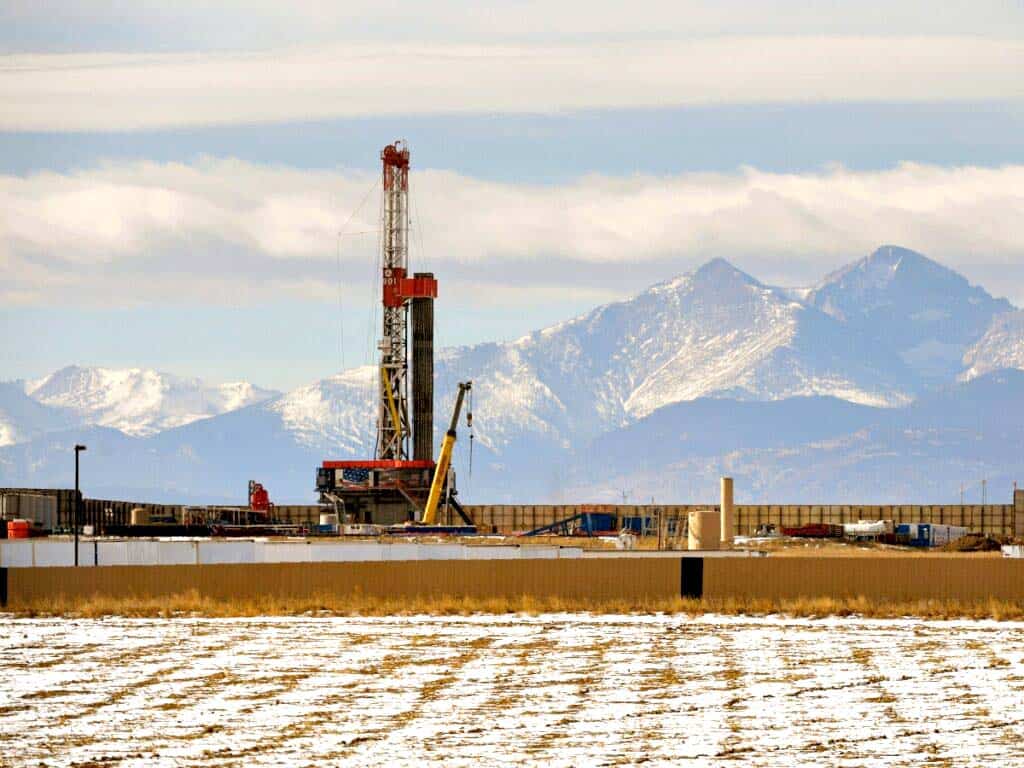
What Are the Effects of Hydraulic Fracturing?
Fracking has several adverse effects, even if it can improve a nation’s economy and create jobs. Here are some of the drawbacks the process has on the environment:
- It can cause earthquakes.
- Contaminates air and water
- Disrupts the climate
- Lowers availability of water, especially in areas where it’s already scarce.
- Increased production of fossil fuels
- Reduced concentration on renewable energy
- Threatens wildlife and ecosystems
- Increased emissions from trucks during fracking or when carrying oil or gas from fracking facilities to market.
Besides affecting our environment, fracking can lead to adverse health impacts on humans. This is a result of drinking contaminated water or breathing polluted air. Those who live near fracking sites complain of having nausea, headaches, shortness of breath, wheezing, and coughing. Other adverse health issues include:
- Congenital disabilities
- Heart attacks
- Respiratory illnesses such as asthma
- Skin and eye irritation
- Brain and nervous system damage
- Gastrointestinal problems
About 25% of the chemicals used in fracking may be carcinogenic. Even though oil companies do not disclose what they use for fracking, EPA lists over 1,000 chemicals used for hydrofracturing. Some of these substances might leak into the groundwater. Here are some chemicals that fracking might introduce to groundwater:
- Benzene
- Toluene
- Xylene
- Ethylbenzene
- Chromium
- Cadmium
- Lead
- Uranium
- Radium
- Selenium
- Thallium
Is Your Water Safe?
The best way to know if your water is safe is by doing a water test. Living in an area with frequent fracking does not mean your water is contaminated. However, there is a high chance of it becoming polluted, so it’s crucial to conduct water tests regularly. Most water treatment companies offer free water tests, and they can advise you on the way forward if your water is polluted. However, it’s important to note that contaminated drinking water can lead to health issues for you and your loved ones.
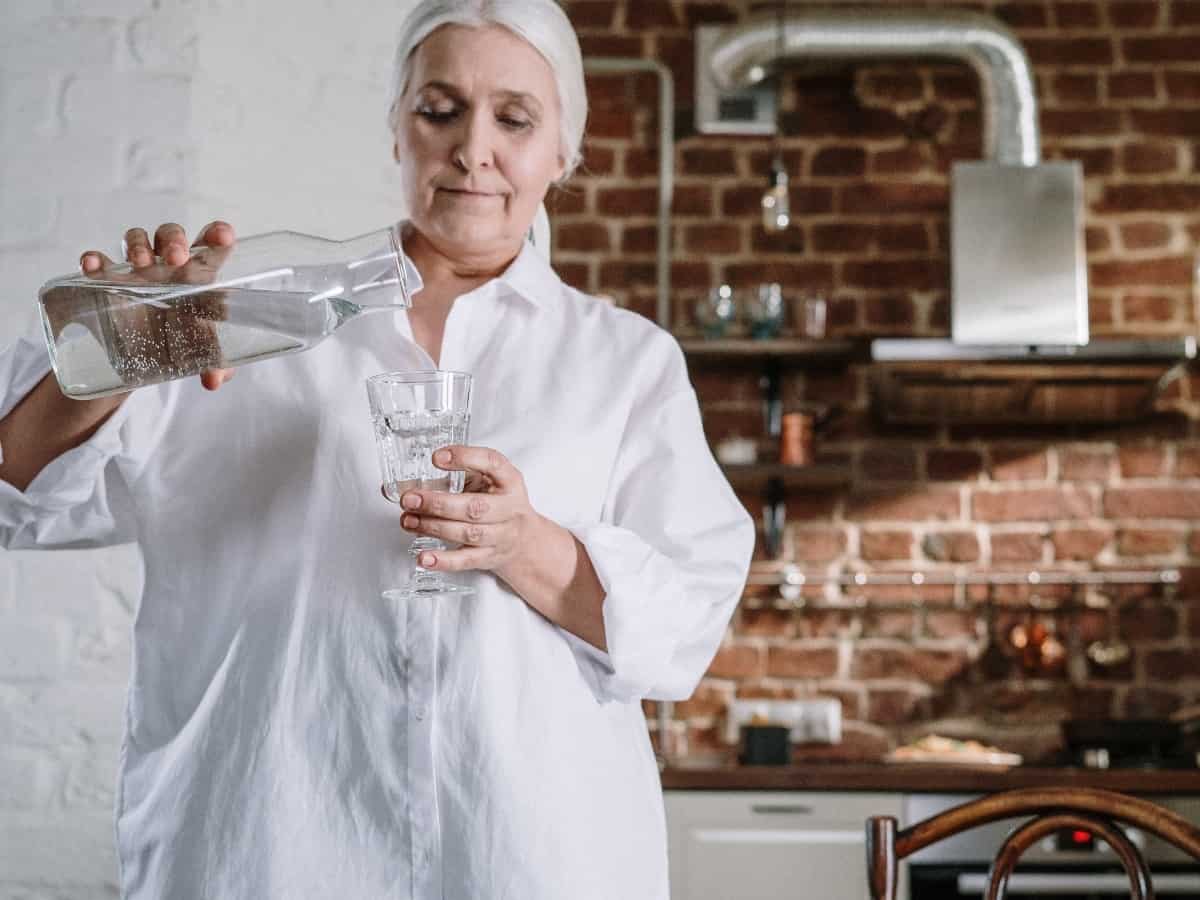
How Do You Make Your Water Safe?
There’s no need to worry if you find that your water is contaminated. That’s because water filtration can make water in your home safe for drinking. Different water filtration solutions include reverse osmosis, activated carbon, UV light purification, and water softeners. Your best bet is a whole home water filtration system.
You won’t have to worry about anything with a whole home water filtration system. The system will offer clean and potable water from any point in your home since it’s added where the main water line enters your home. Furthermore, this system can help eliminate 99.9% of contaminants, unlike other filters that only work to remove some pollutants. A whole home water filtration system can eliminate biological, physical, chemical, or radiological substances.
A whole home filtration system offers a cheaper way of making your water safe. For example, it can help you ditch bottled water which is too expensive. Furthermore, these systems leave your water tastier and improve its aesthetics.
Are There Alternatives to Fracking?
The best alternative to fracking is wind and solar power. These two options are more efficient, environmentally friendly, and cost-effective. Furthermore, they are renewable, meaning they are inexhaustible. Of course, each of these alternatives has its benefits and drawbacks, but they all offer a cleaner and more sustainable way to produce energy than fracking does.
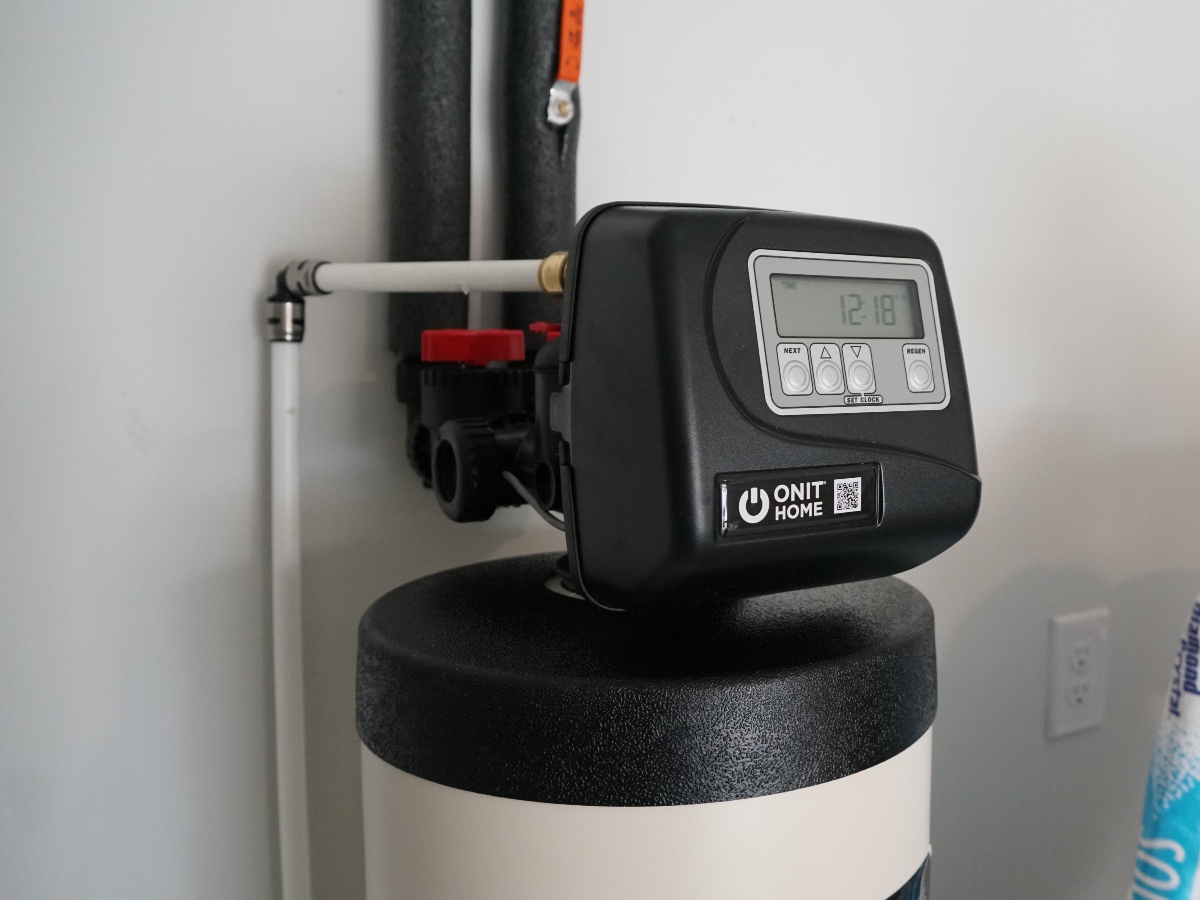
Improve Your Health with ONIT Home Filtration System
So, is fracking safe? No, as it can have too many negative effects on the environment and human health. Hydrofracking can lead to water and air pollution, climate disruption, increased earth tremors, wildlife endangerment, and human health risks. Ensure to conduct water tests if you live in an area where fracking is common. This is because contaminated drinking water can lead to long-term issues such as asthma.
ONIT Home can help make your water cleaner, purer and tastier. Using our whole home water filtration guarantees that your water is 99.9% contaminant free. We also provide free water tests so that we can come up with the right system that matches your needs. So don’t let water contaminants take your peace of mind away. Reach out to us today for a free water test and for hands-on information about your question, “is fracking safe?”. You can also call us at 1-833-433-0331 to speak to our dedicated experts. Need clean water in your home? We’re ONIT!


